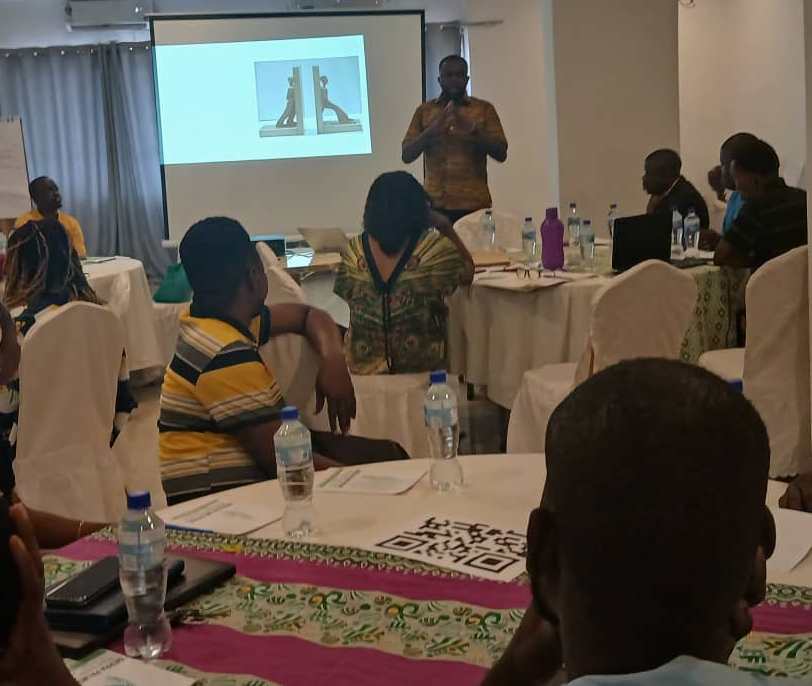By Lemuella Tarawallie
The African Population and Health Research Centre (APHRC) has trained journalists on “Media Reporting on Sexual and Reproductive Health and Rights (SRHR)” at a one-day media engagement held at the Sierra Palm Hotel, Lumley in Freetown.
The aim of the day’s engagement was for APHRC’s researchers and Sierra Leonean journalists to interact so that they would be able to understand the issues and the current status of sexual reproductive and health rights in Sierra Leone.
During the interaction, the head of Advocacy at APHRC, Grace Kibunja, stated that the training was a follow-up to a previous training session that they had with journalists in the past.
“At APHRC, we thought it fit to train journalists in Sierra Leone for them to be aware of the number of Sexual Reproductive and Health Rights (SRHR) and sensitive issues like teenage pregnancy and maternal health. It is also important for the journalists to understand health and health data, and how the data can impact the public and society as a whole, so that they could be in a better position to report on what the data means,’’ Kibunja noted.
Giving an overview of APHRC, she stated that, “the African Population Health and Research Centre is a research Think Tank that engages in policy engagement and public health issues”.
She added that the APHRC was working through the life of an individual from birth to old age, and that APHRC was operating in 38 countries in Africa with 100 projects on issues that had do with maternal and child health, teenage pregnancy, non-communicable diseases.
APHRC’s Senior Advocacy Officer, Christopher Maero in his presentation on “The Role of the Media in Policy Process”, stated that, “the media serves as bridge between the policy makers and the public” and that the media was playing a crucial role in raising awareness on SRHR issues.
Mr Maero noted that the media also “facilitates stakeholders’ engagements and amplifies the voices of Civil Society Organizations with the aim of holding government and policy makers accountable.
He stated that the role of the media in policy process was that the media in their radio programmes or talk-shows should be able to bring in experts that could be able to explain to the public so that the public would be aware about SRHR issues. He added that journalists should also use the appropriate terminologies for the public to be able to understand SRHR issues.
The APHRC Senior Advocacy Officer averred that as APHRC, they wanted the media to appreciate that they as journalists had a role to play in disseminating SRHR issues and influencing policy makers.
The Senior Research Officer at APHRC, Kenneth Juma in his presentation on “The Role of the Media in Framing Sexual Reproductive Health and Rights’ Stories”, stated that journalists’ role in framing SRHR’s stories was critical because they were the informers of society, adding that “the media does not only inform but also shape the debate”. He noted that the public tend to follow how the media was shaping a particular issue or a particular individual.
The District Focal Person-Kenema People’s Alliance for Reproductive Health Advocacy (PARHA), Philip Koroma, noted that some of the media strategies were content creation and audience engagements. He added that the media must be able to identify their audiences of SRHR issues as well as providing quality educative and informative contents.
Mr Koroma said the role of the media in SRHR reporting and advocacy was to raise awareness on SRHR issues such as family planning, sexual education, maternal health, and HIV/AIDS. He added further that the media had the responsibility to provide a platform for marginalized voices and those affected by SRHR policies.
The APHRC media engagement was climaxed with an interactive questions and answers session.


